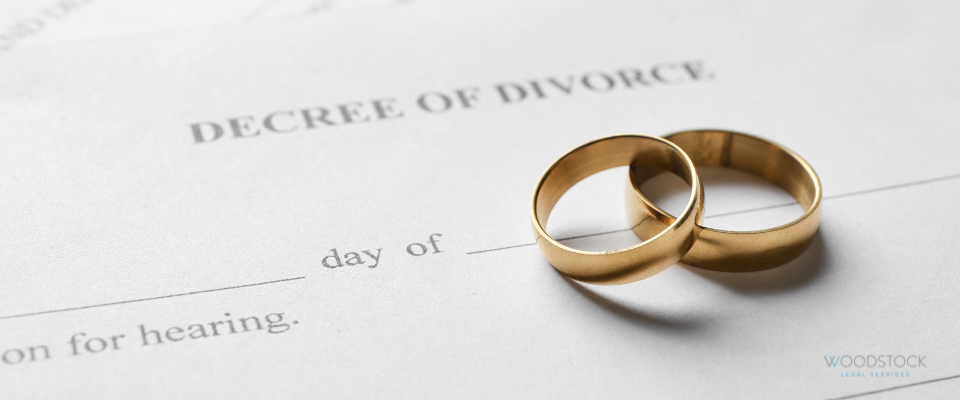Right to Rent Check’ Regulations – Higher Fines for Landlords
Understanding the legalities of property rental in the UK is crucial, especially with the ever-evolving landscape of landlord responsibilities. Whether you're a seasoned property owner or new to the landlord scene, staying informed and compliant with the latest regulations is critical to a successful rental business.
In his latest insights, landlord and tenant expert Alex Giblett delves into the significant changes to the Right to Rent scheme as part of a wider crackdown on illegal immigration, effective from 22 January 2024

Increased Fines for Right to Rent Non-Compliance
The UK Government, as part of its crackdown on illegal immigration, has introduced higher fines for landlords who fail to comply with Right to Rent checks. The severity of these fines varies depending on the nature of the breach.
- Level 1 – The first breach maximum penalty increases as follows:
- Lodgers in a private household is £5,000 (up from £80)
- Occupiers in rented accommodation is £10,000 (up from £1,000)
- Level 2 - Subsequent breach maximum penalty increased as follows:
- Lodgers in a private household is £10,000 (up from £500)
- Occupiers in rented accommodation £20,000 (up from £3,000)
These heightened penalties underscore the importance of conducting thorough Right to Rent checks before the commencement of any tenancy.
What is a ‘Right to Rent Check’?
A Right to Rent check is a mandatory process for all landlords in England, forming a crucial part of their legal responsibilities. This check is not just a formality; it's a vital step in ensuring that the tenancy arrangement adheres to UK immigration laws.
Understanding the ‘Right to Rent Check’ Process
- Document Verification: The check involves scrutinising documents that prove a potential tenant's right to reside in the UK. This includes passports, visas, or residence permits. Landlords must ensure that the documents are genuine and current.
- Follow-Up Checks: If a tenant has a time-limited right to rent, landlords are required to conduct follow-up checks. These checks should be done just before the expiry date of the tenant's right to rent or 12 months after the initial check, whichever is longer.
- Record Keeping: Landlords must keep copies of all documents checked. These records should be stored securely for at least one year after the tenancy ends.
Why the Right to Rent Check Process is Important
- Legal Compliance: Failure to conduct these checks can lead to severe penalties. Since 2018, landlords have faced over 320 civil penalties totalling £215,500 for non-compliance, highlighting the government's strict enforcement of these rules.
- Tenant Eligibility: These checks are essential for verifying that tenants are legally allowed to rent in the UK. It helps in preventing illegal tenancy arrangements and ensures that landlords are not unknowingly contributing to illegal immigration.
Navigating Complex Cases
- Challenging Scenarios: Situations like tenants with pending immigration applications or those who cannot provide documents due to compelling reasons can be challenging. In such cases, landlords can request a 'Right to Rent' check from the Home Office.
- Avoiding Discrimination: While conducting these checks, landlords must be careful to avoid discriminatory practices. It's important to treat all potential tenants equally, regardless of their nationality or race.
The Role of Agents in Conducting Checks
Landlords may appoint agents to carry out these checks on their behalf. It is advisable to work with a reputable agent and maintain a written agreement that specifies their responsibility for the Right to Rent checks and any necessary follow-up actions.
How Woodstock Legal Services Can Assist
At Woodstock Legal Services, we specialise in providing comprehensive landlord legal advice. Our award-winning Landlord and Tenant team is well-versed in the nuances of landlord legal obligations in the UK, including the latest changes to the Right to Rent regulations.
As a landlord, staying informed about legal changes is crucial. Our insights aim to provide clarity and guidance, helping you navigate the complexities of property law and tenant rights.
Specialist Advice for Landlords from Woodstock Legal Services
If you're a landlord needing assistance with the Right to Rent checks or any other legal obligations, reach out to us. Contact Alex Giblett in our specialist Landlord & Tenant team at a.giblett@woodstocklegalservices.co.uk, or complete the form below for expert legal advice from experienced landlord solicitors.
Contact Us
News & Insights










